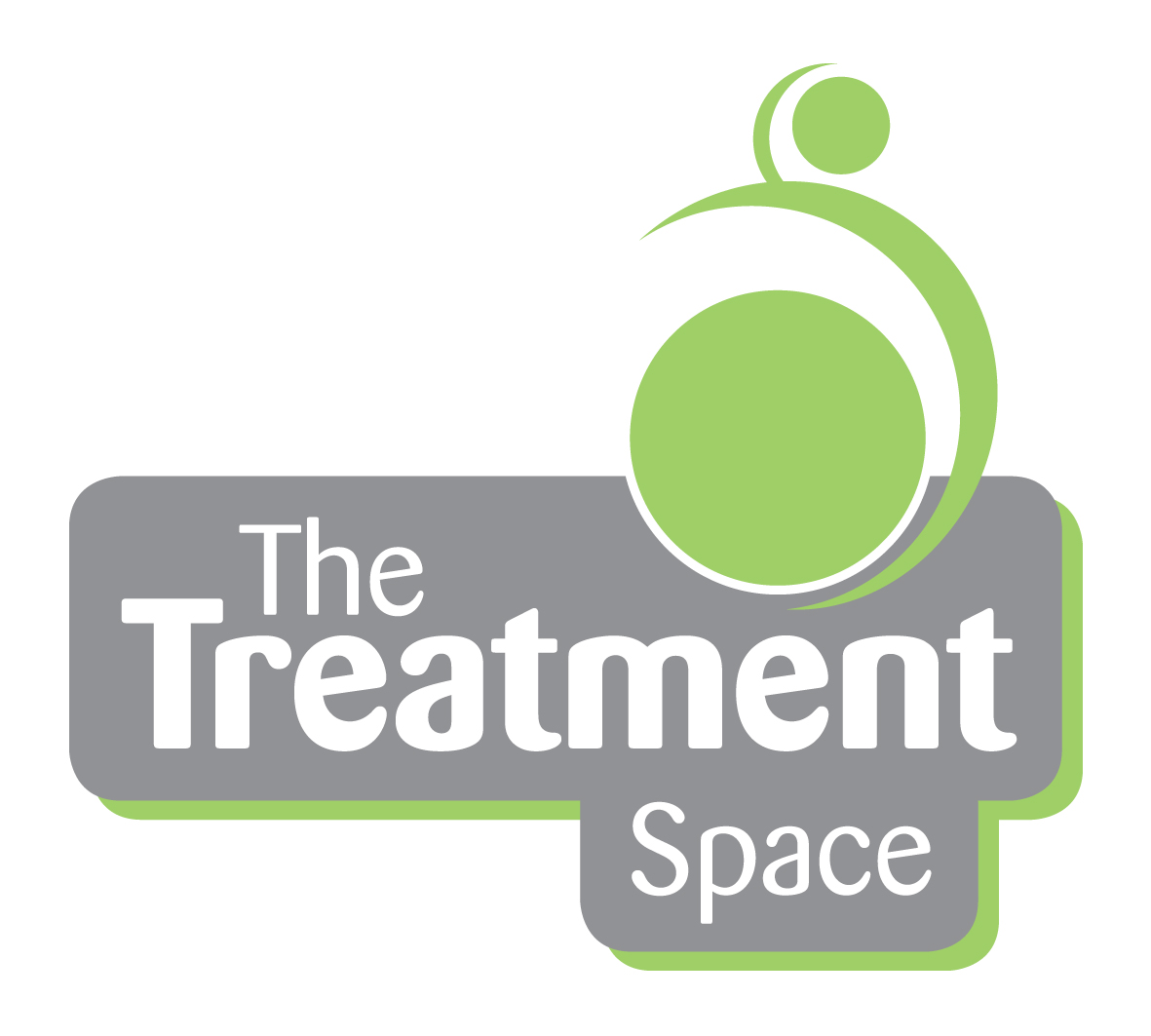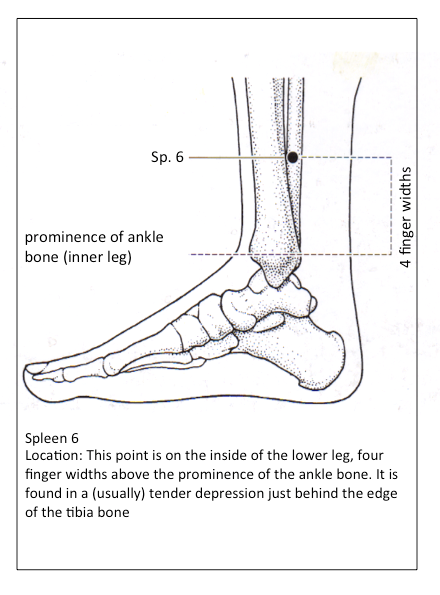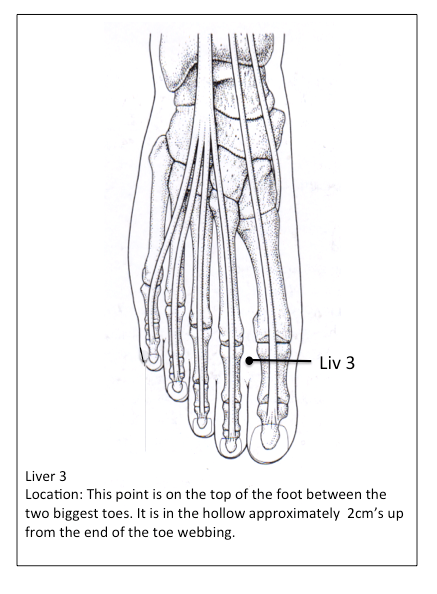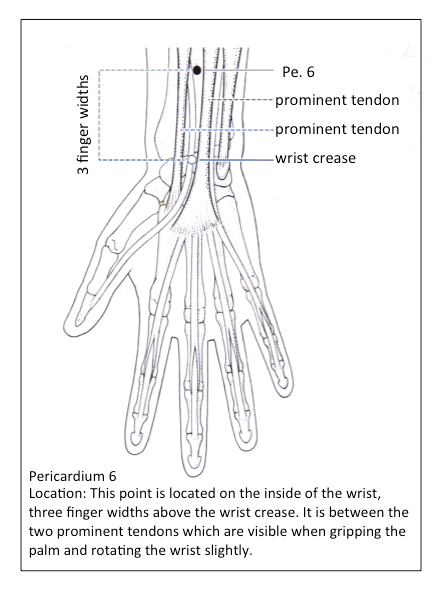Feeling Stressed?
It's Mental Health Awareness Week and this year, the focus is Stress.
As we have treated a lot of individuals suffering from stress over the years we thought we’d share some of our knowledge on this condition and provide a few little self-help techniques for you to experiment with.
Visit mentalhealth.org.uk for more information
First, here’s a little explanation about what stress actually is:
Stress is our body’s way of responding to demands in our lives; it is not always a bad thing. In a dangerous situation we rely on our stress response system to protect us by keeping us strong, energetic, alert and focused – this is often referred to as the ‘fight or flight’ mechanism and can save our life.
For example: You come home and see your house has been broken into. Immediately, your brain identifies risk and initiates the nervous system to release hormones which affect the body by increasing heart rate, engaging muscles, raising blood pressure, quickening breathing and sharpening the senses. Your body does this to help you either stay and fight the intruder or run away – fast!
Unfortunately, our bodies struggle to differentiate between emotional and physical threats. The ‘fight and flight’ response can be triggered by a work deadline, family quarrel or an upcoming exam. In isolation, this is not a major issue in fact, it can be beneficial. However a problem arises when this is happening frequently; the more the stress response system is activated, the easier it is to activate and the harder it becomes to switch off. Such chronic stress is detrimental to our health and well-being.
Stress is very subjective. If someone perceives something as a threat then it is a stressor for them, irrespective of how others may react to the same situation. Hence, people experience different levels of stress to a wide variety of situations and triggers.
Chronic stress can lead to serious health issues and affects most systems in the body. There are many emotional and physical disorders that have been linked to stress including:
· Depression & anxiety
· Heart attack and stroke
· Irritable bowel syndrome (IBS)
· Constipation/ diarrhoea
· Weight loss/gain
· Sleep problems
· Autoimmune diseases
· Stomach ulcers
· Hypertension (high blood pressure)
· Headaches and migraines
The following information is provided by the various therapists at The Treatment Space. There is some general information first followed by some self-help tips. The tips are from each specific practitioner and relate to their therapy – they are just tips and not entire treatment plans!
How acupuncture can help
By Kat Love
Whilst some may find the thought of acupuncture brings them out in a cold sweat, most find the actual acupuncture treatment to be very relaxing (though I realise getting a mid-day lie down contributes to this) This is great for the short term but it is in the longer-term effects that acupuncture has the greatest impact.
In Traditional Chinese Medicine the body’s energy (Qi) circulates throughout pathways (meridians) to maintain health. If there’s an imbalance or blockage in a particular meridian then health issues arise. Questioning around symptoms and general health enable the relevant meridian (usually spleen, heart or liver) to be selected and treated accordingly.
Acupuncture points are selected and used, a little like taps, to regulate the flow of Qi in the specific meridian(s) whilst other points are selected to relieve the symptoms – hence the underlying cause is addressed at the same time as the manifestation (symptom). When treating stress related conditions, a couple of points are also used which benefit the parasympathetic nervous system (i.e. slow down heart rate, reduce blood pressure and help muscles relax).
How Physiotherapy can help
By Carolyn Lindsay
A Physiotherapy approach to stress can help by addressing:
Education and awareness– By understanding the body’s response to stress we can start to control it. Our bodies often respond to stress by holding tension in specific places, as part of that fight or flight preparation. For one person, this may be the shoulders and neck; for another the jaw, or even the pelvic floor muscles. Over time, these chronic patterns of muscle holding can begin to feel normal, even as they generate discomfort and further feelings of stress. Starting to recognise the patterns is the first stage in changing things.
Breathing and relaxation work – Mind and body techniques to learn strategies to help you release excess tension and cope with stress.
Muscle release techniques – This can include exercises, massage/soft tissue release, acupuncture and manual therapy. Chosen techniques will depend on your body’s particular response to stress.
How massage can help
By Rachel Davison
We all know massage feels good and helps you relax but here’s a little more information about how massage therapy can help reduce your stress and anxiety levels and improve your emotional wellbeing.
Stress increases cortisol levels in the body which over a prolonged time can have detrimental effects on one’s health. Diminished immune system, increased blood pressure and increased risk of cardiovascular disease are some common conditions that stress can contribute towards.
Massage can be used as a powerful tool to combat the negative effects of stress and anxiety. It has an immediate effect on the central nervous system. At a physiological level, it decreases the amount of cortisol, and increases the amounts of serotonin and dopamine (our happy, feelgood chemicals) being produced in the brain; leaving you relaxed with an improved mood and increased sense of wellbeing.
Stress related postural changes which may be causing pain and discomfort will benefit also. Tight muscles restrict full movement and can pull you into painful positions; for example hunched shoulders leading to neck, back and shoulder pain, or tension in the neck causing headaches.
How Nutritional Therapy can help
By Penny Dembo
The food that we eat is fuel for our body and provides the nutrients we need to make the hormones which regulate energy production. During an episode of stress we produce the stress hormones adrenalin and cortisol which help us respond by releasing energy so that we can take action. When stress becomes chronic the pattern of hormone production, particularly cortisol can be disrupted. This can lead to your energy fluctuating during the day for example finding it hard to wake up and ‘get going’, becoming fatigued mid- afternoon, or being wakeful at night when you really want to get to sleep! If stress continues for long periods the adrenal glands which produce the cortisol can become weakened, so that not enough cortisol is produced to maintain energy levels, leading to ongoing tiredness which can tip over into chronic fatigue.
Nutritional Therapy can help you manage stress and the stress hormones by helping you eat a diet which is rich in the nutrients which support your adrenal glands. Other aspects of dietary advice can help with managing the consequences of stress such as fluctuating energy levels, fatigue, low mood, poor sleep, high blood pressure etc.
Nutrition self-help tips by Penny Dembo
Even when you are busy and feeling stressed do try to take time to eat regularly. Missing lunch will affect how you function in the afternoon so is counter-productive and will leave you even more stressed! Try to make the time to move away from your desk and computer screen and have a few minutes to enjoy your food and relax. Eating when stressed can lead to poor digestion so you don’t get the full benefit of the nutrients from your food. People often think they are being productive by working through their lunch time, but you are more likely to have the energy to work effectively if you’ve had a lunch break!
Physiotherapy self help tips by Carolyn Lindsay
Start to notice where you hold tension when you feel stressed. Scan your body from top to toe and notice any patterns. Is your jaw tight or are your fists clenched? Are your shoulders ‘up round your ears’ or your belly in a spasm? Are you holding your breath or holding your pelvic floor muscles clenched tight? The first stage is just to notice and acknowledge. Don’t try to change anything, just notice what is happening with your body.
Breathing: When you feel stressed try to slow your breathing down and allow the gentle rise of your tummy with the in-breath, and fall with the outbreath.
Massage self-help tips by Rachel Cull
Don’t have time for a massage? Try some deep breathing exercises for instant stress relief.
Breathing deeply oxygenates the blood prompting our brain to release endorphins and promote relaxation.
You can try this deep breathing routine any time of the day:
Sit quietly with clothes loosened and hands in your lap. Breathe deeply and slowly through your nose down into your belly ,
your chest shouldn’t rise, inhale to a count of 7. Hold for a moment and then slowly exhale through your mouth with lips pursed for a count of 8. Repeat for 5 – 10 minutes.
Acupuncture self-help tips
by Kat Love
- When the spleen meridian is affected; IBS, diarrhoea and fatigue/energy issues may arise. To benefit the spleen try ensuring you focus on your food at mealtimes. At lunchtime, for example, find a quiet environment away from any work/screen distractions and allow yourself a few minutes down time to savour the flavours.
Also, acupressure on Sp6 can be beneficial (See diagram below)
- When the liver meridian is affected; hypertension, migraines and mood-swings may arise. To help get the liver qi moving freely again, try to have a break during stressful periods to take a walk and swing those arms.
Also, acupressure on Liv3 can be beneficial. (See diagram below)
- When the heart meridian is affected, anxiety and palpitations may arise. Again, walking can be hugely beneficial however this time walk slowly and let the hands meet and rest against the lower back.
Stress often affects the heart meridian during menopause.
Also, acupressure on Pe6 can beneficial. (See diagram below).
Acupressure is a way to stimulate acupuncture points without needles and can be self-administered. Whilst it does not have as strong effect as acupuncture, many notice a benefit.
Press on the point indicated for 5 minutes a day on both sides – you should not press so hard that it is uncomfortable/painful but you should apply enough pressure that you feel the structures below the skin.




